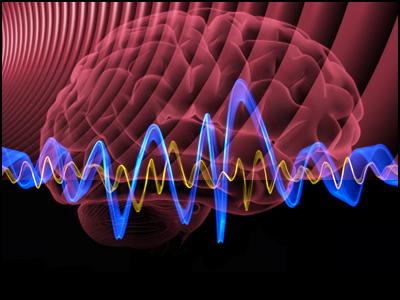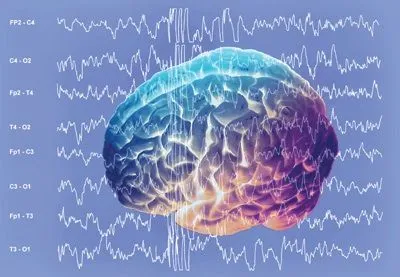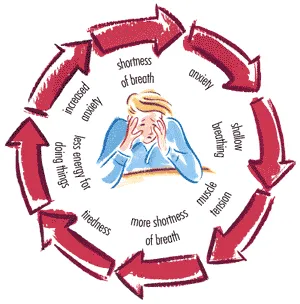

sound therapy
Sound Therapy is an emerging and innovative alternative treatment that focuses on the effects of
low-frequency sound and vibration on the human body.
Through research, it explores how these sound waves can influence various aspects of health, from reducing stress and anxiety to enhancing overall well-being.
This cutting-edge field has the potential to transform traditional healthcare paradigms by offering non-invasive, natural therapies to support physical and emotional healing.
With its growing body of research and applications, Sound Therapy presents a promising future for wellness, providing new tools to promote balance, relaxation, and recovery.
The Power of Sound: Unlocking its Hidden Effects
on Our Health and Well-being
The effects of sound are all around us, subtly shaping our emotions, health, and experiences every single day.

For instance, the energizing power of sound and music becomes instantly apparent whenever we hear a song with a strong, rhythmic beat.
It's hard to resist the urge to move, whether it’s dancing along or simply tapping your feet. This automatic response highlights how deeply sound can influence our physical and emotional states, creating a natural connection between music and movement that lifts our mood and energizes our bodies.
Just think of the last time a favorite dance track came on – the rhythm often compels us to get up and join in, effortlessly engaging both mind and body.
For example, the renowned Bulgarian psychiatrist,
Georgi Lozanov, demonstrated that sound could significantly enhance learning abilities.
Through his groundbreaking work, he discovered that playing Baroque music—composers such as Bach, Vivaldi, Teleman, and Handel—while having students breathe in rhythm with the music, could increase their capacity for learning, even leading to what he termed "super learning."
This fascinating finding underscores the profound impact that sound and music can have on our overall health and well-being. Not only does it influence us physically, but it also has powerful effects on our mental and emotional states, showcasing the holistic benefits of sound in enhancing cognitive function and emotional balance.

What’s another surprising way sound therapy can benefit you?
Sound therapy works by stimulating the auditory pathways and the brain, leading to improvements in hearing and auditory processing.
It has been shown to reduce symptoms of tinnitus, stress, fatigue, and insomnia. Many individuals report enhanced hearing, even in noisy environments, along with improved concentration, focus, and memory.
Additionally, sound therapy supports better learning and academic performance, improved balance and coordination, as well as relief from dizziness and vertigo. Overall, listeners often describe a heightened sense of mental clarity, sharper cognitive function, and easier communication.

The Sound of the Voice

From the chants of Gregorian Monks

The Holy Frequencies
Ancient Solfeggio Scale
Similarly, the voice, when analyzed with a computer, serves as a powerful indicator of vitality. As one of the most profound forms of human expression, the voice offers a valuable reflection of the body’s systems.
According to Dr. Alfred Tomatis and others, the voice cannot reproduce what the ear is unable to hear. Perhaps, in turn, the ear cannot perceive what the brain is incapable of generating. Evidence suggests that the brain, in addition to being a master chemist, functions as a complex tone generator, influencing and regulating the body's systems through frequency.
The Benefits of CES Treatment: A Path to Relaxation and Alertness


Cranial Electrotherapy Stimulation:
A Non-Drug Neuromedical Treatment
A significant number of individuals who have successfully used this method for self-treatment find that sessions lasting between 20 to 40 minutes, performed daily or every other day, yield the best results.
Immediately following a CES (Cranial Electrotherapy Stimulation) session, most people experience a marked sense of relaxation. In the initial moments, some may feel mildly inebriated, but this sensation is both pleasant and comfortable. After a short while, any light-headedness typically fades, leaving a deep sense of relaxation and a heightened state of alertness.
This relaxed-yet-alert state tends to last between 12 to 72 hours following the first few treatments and becomes more pronounced with continued sessions. Over time, many individuals report feeling calmer, less stressed, and mentally sharper, with enhanced focus on cognitive tasks.
They also experience improved sleep quality, better concentration, and an overall increase in their sense of well-being.
testimonials:
I hardly believe what I am about to write. After having suffered migraine
headaches for most of my 50 years I have had more relief from this unit
than all of the other approaches I have tried.
One of the most noticeable things is that the "down time" (often three to
four days) after the migraine, has gone and the now occasional headache
itself is no longer debilitating, it is just that - a headache nothing else.

S Kelly Detroit Lakes
MN USA
